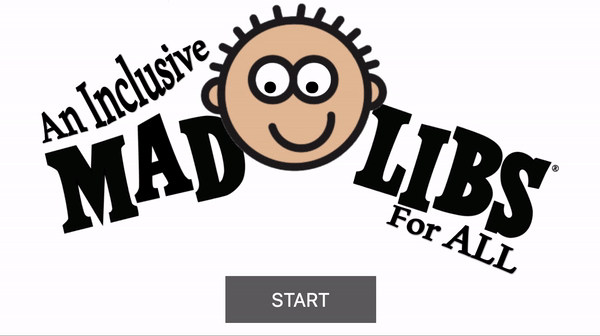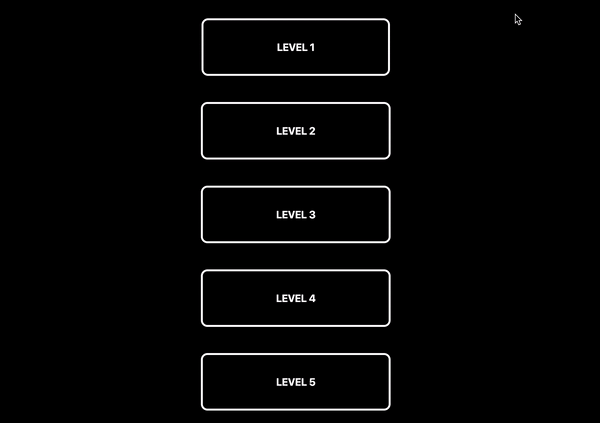An Inclusive Mad Libs for All
Refined educational game
When working in K-12 schools, I found that many English Language Arts (ELA) teachers use Mad Libs as an instructional tool. However, the traditional way of playing this game only happens during school time as students need to interact with each other face-to-face, and they are unable to play the game alone without peers. Also, due to the nature of this game, many students with reading impairment are excluded from a certain extent. Therefore, I decided to create an online version of Mad Libs that facilitates K-12 students’ learning in the ELA class, where the game helps students to build a richer vocabulary and master grammar by inciting laughter through weird and inappropriate word combinations. To make the game more inclusive, an audio feature that converts the story text into audio speech will be provided for students with reading impairments.
Tools: JavaScript, HTML, CSS, Photoshop
Click here to play.
Comparative Research
The official Mad Libs website is not quite user-friendly as it is more like a space for commercial advertisement to sell its printable books. The official Mad Libs app, though serving as a commercial app to sell the books as well, is more user-friendly as students can play directly on the mobile devices. However, one common shortcoming that many existing Mad Libs projects have is that it does not differentiate for students with varied reading and writing levels. Almost all paper-based Mad Libs have one-page long stories that young age students may not be capable of playing.
Based on these existing projects, I decided to refine the game, which has the following features:
-
Accessibility for more students,
-
Differentiation (i.e., multiple difficulty levels), and
-
Text-to-speech
UX Framework

Design Gallery and Demo
Future Improvement
-
Include more differentiations that can be categorized by the topic of the story so that students have the option to select the topic they are interested in.




